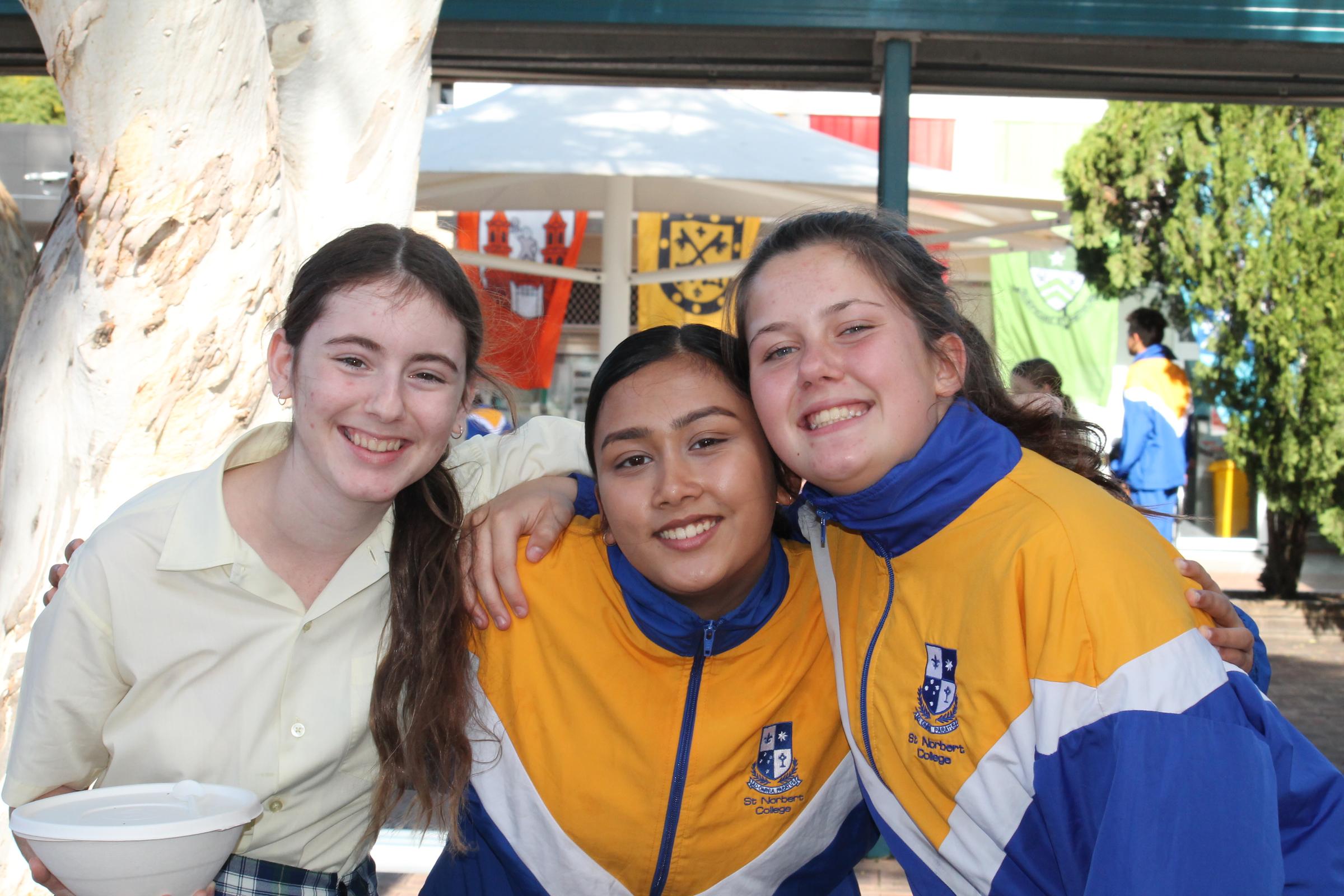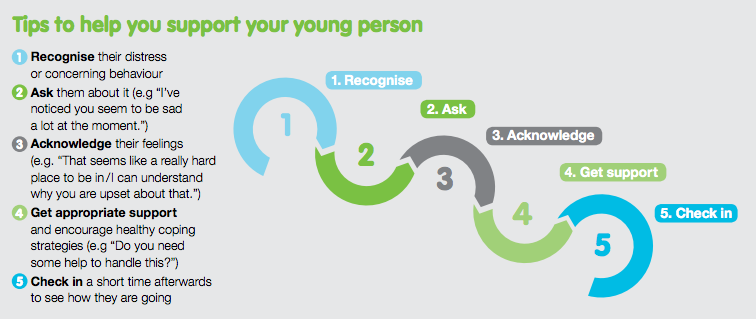Pastoral Care

Supporting your young person during the holidays
Holidays can take students away from friends and their usual school supports.
Changes to routine can cause some young people to feel stressed, isolated and alone. Parent support is very important at this time. Below is some information to help you support young people to stay in a healthy headspace in school holidays. There is also some information that may help you to identify when your young person might need some extra support and where to go for help.
There are a number of ways you can support your young person’s mental health and wellbeing in the holidays:
Encourage them to stay connected
Social relationships are important to your young person’s general wellbeing. It is okay if they take time out for themselves at times, but encourage them to keep in contact with friends over the holidays. Friends can provide both play and support, and spending time with friends is also important for keeping and building on existing friendships. If your young person is not feeling up to going out, even a phone call, email, text message or Facebook message can help them to feel connected to friends and family
Encourage them to stay involved
Encourage involvement with volunteer work, hobbies, clubs or committees, or sports – these can help young people feel connected to their wider community. Participate with them when you can. Involve them in decisions and give them responsibility at home (e.g. deciding what to eat for dinner and helping to prepare it). Help them to identify and set realistic goals. Setting and achieving realistic goals can be incredibly motivating and can help build self-confidence
Encourage physical activity
Physical activity is important for everyone’s health and wellbeing. If your young person is feeling down or finding things are difficult, physical activity may be the last thing they feel like doing. But even small activities, like walking around the block, can help relieve stress and frustration, provide a good distraction from worrying thoughts, improve concentration and improve mood. If your young person is struggling to get active, find a physical activity that you both enjoy and can do together (e.g. swimming, playing sports with friends or cycling) and make a plan to do it regularly
Encourage a regular routine
Getting a good night’s sleep helps young people to feel energised, focused and motivated. Adolescence is a time when a number of changes to the “body clock” impact on sleeping patterns and young people are more likely to have problems with sleep. Developing a sleeping routine can help. Encourage your young person to wake up around the same time each day, get out of bed when they wake up, and go to bed around the same time each night. Avoiding caffeine after lunchtime, having a quiet, dark and uncluttered bedroom and shutting down electronic devices before bed can also help them to get a good night’s sleep.
Encourage healthy eating habits
Eating well doesn’t only reduce the risk of physical health problems, like heart disease and diabetes, but it can also help with sleeping patterns, energy levels, mood, and general health and wellbeing. A good balanced diet with less junk food/ lots of sugars and more vegies, fruit, whole grains and plenty of water will ensure your young person has all of the vitamins and minerals to help their body and brain function well.
Encourage play!
Devoting time to just having fun can help to recharge your young person’s battery, revitalise their social networks and reduce stress and anxiety.
The remainder of this article can be viewed at:
The Pastoral Care Team

